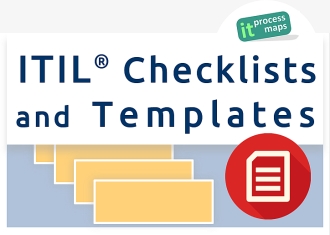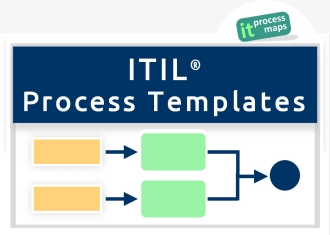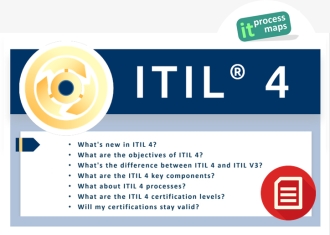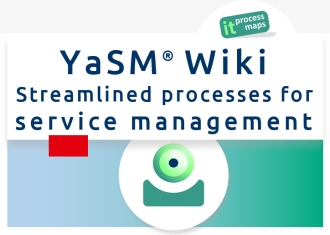ITIL Processes
| diese Seite auf Deutsch |
|---|
ITIL Processes according to ITIL Version 3 (ITIL V3)
IT Service Management according to ITIL Version 3 (ITIL V3) encompasses the following processes (follow the links to get to the pages with detailed descriptions):
Service Strategy
Process Objective: To provide guidance on how to design, develop and implement Service Management. It is about ensuring that IT organizations are in position to achieve operational effectiveness and to offer distinctive services to their customers. Its ultimate goal is to make the IT organization think and act in a strategic manner.
Service Design
Process Objective: To design and develop IT services. Its scope includes the design of new services, as well as changes and improvements to existing ones.
Service Transition
Process Objective: To build and deploy IT services. It also makes sure that changes to services and Service Management processes are carried out in a coordinated way.
Service Operation
Process Objective: To make sure that IT services are delivered effectively and efficiently. This includes fulfilling user requests, resolving service failures, fixing problems, as well as carrying out routine operational tasks.
Continual Service Improvement
Process Objective: The Continual Service Improvement process uses methods from quality management in order to learn from past successes and failures. It implements a closed-loop feedback system as specified in ISO 20000 as a means to continually improve the effectiveness and efficiency of IT services and processes.
ITIL Processes according to ITIL Version 2 (ITIL V2)
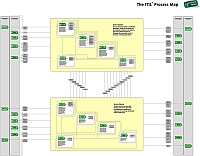
IT Service Management according to ITIL Version 2 (ITIL V2) encompasses the following processes (follow the links to get to the pages with detailed descriptions):
Service Support
Service Support provides all operative Processes necessary for the handling of Service interruptions and for the implementation of Changes; the availability of the IT Services is thereby guaranteed.
Service Delivery
Service Delivery ensures that binding rules for the operative Processes are in existence. It regulates the planning, contractual and financial topics.


